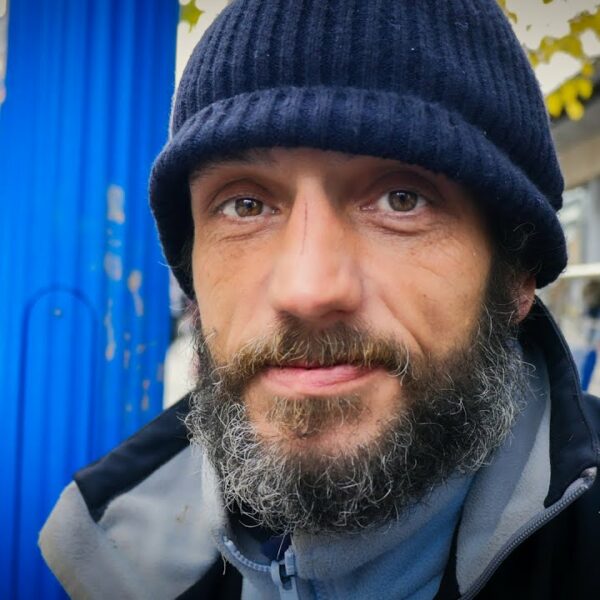The British government promised that by the mid-2020s they would build 300,000 homes annually. And we need it. There are more than one million families on waiting lists for social housing. Yet the number of units built has decreased by 80% in the past 10 years.
From 2017-18, only 6,463 social houses were built. That is a decrease of almost 30,000 units from the previous 10 years. Obviously more affordable housing is needed to enable people to get off the streets and out of temporary accommodation. But without vital support services in place, social housing may be a temporary fix as individuals fail to maintain tenancies.
If we really want to solve the United Kingdom’s homelessness crisis, we have to start funding support services. That way, individuals who are given housing do not end up back in the system.
This means we have to fund the National Health Service and more specifically our mental health system. In England, only 40% of people who need support for their mental health actually receive any support. We know that homelessness and mental illness are inexplicably linked; therefore the system needs funding, and fast.
Waiting until someone is facing a night on the streets to give them help is not the solution. We should be funding prevention.
With so many people already experiencing homelessness, there is no doubt affordable housing is needed. But supportive services must be included with affordable housing to allow people to live independently.
Supportive Services Requires Funding
Trauma, addiction and mental illness are comorbidities, meaning we cannot just pick one and try to treat it successfully. We need to tackle the core issues that led to an individual ending up homeless. This means there must be facilities and trained specialists who can help people currently experiencing homelessness or at risk of becoming homeless. Naturally, funding is needed to provide these services.
Sometimes, drugs and alcohol can be the reason an individual ends up homeless. On the other hand, someone might turn to drugs and alcohol to cope with the trauma of becoming homeless.
If you house an individual with a drug or alcohol dependency, and don’t try to tackle the addiction and reasons for it, there is a chance the addiction could lead them back to the streets. The isolation an individual may feel once they enter their own accommodation could lead to them wanting for human interaction. Without a support system in place, where they can share their feelings and thoughts, they may return to the streets where they felt a sense of community.
Charities Play an Important Role
Smaller local charities can also play a vital part in helping people end the cycle of homelessness permanently. These charities include those that:
- Help victims of domestic abuse and sexual violence
- Support people with mental health problems
- Help young people leaving care
These charities can provide the vital mental health support that so many people are missing out on.
Charities can also offer vital social support that many previously homeless individuals are lacking. Support includes social groups, coffee mornings or activities like life skills or education groups. Of course, with government funding, these charities could do more. Instead, they are stretched to capacity.
Housing providers should also provide support workers for people they are housing. This includes access to activities that reduce social isolation.
Charities, housing providers and other organizations need to work together to make sure no one falls through the cracks. For example, individuals who have experienced domestic abuse will often struggle with their mental health. There needs to be a conjoined effort to enable the best support possible.
Large deposits and prepaid rent are required in the private sector, which leaves people without means on the streets. Social housing does not have these requirements, allowing individuals to get off the streets and out of shelters. However, without supportive services, individuals are less likely to maintain a tenancy. We need affordable housing. But we also need supportive services to ensure individuals remain housed.
Photo by Diego San on Unsplash













